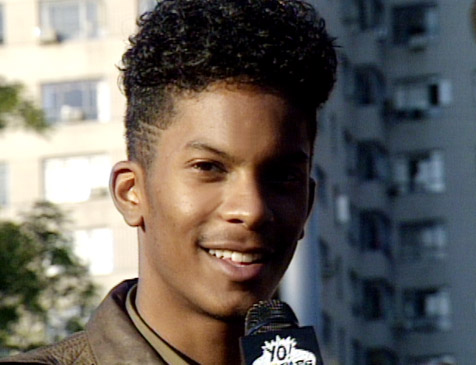Test Scores, Multiple Measures, and Circular Reasoning
Anthony Cody’s recent reflection on this year’s Education Nation program on MSNBC offers an important caution to those trying to develop “multiple measures” for student learning and effective teaching. If the decision to use a given measure is determined solely by whether or not it’s linked to higher standardized test scores (as with theGates Foundation’s Measures of Effective Teaching study), then you don’t really have “multiple measures.”
Tracking test scores can be an important tool in helping students make progress, and it is useful to know which elements of classroom practice have a significant impact on students’ performance on end-of-the-year tests. For example, teachers in Chicago who had high ratings on Charlotte Danielson’s framework for evaluating effective teaching have also been shown to have higher value-added scores. However, when test scores are used as the sole measure of effective teaching and learning — or when valuable aspects of effective teaching and important types of student learning are discarded or ignored because they don’t align with standardized test results — our






